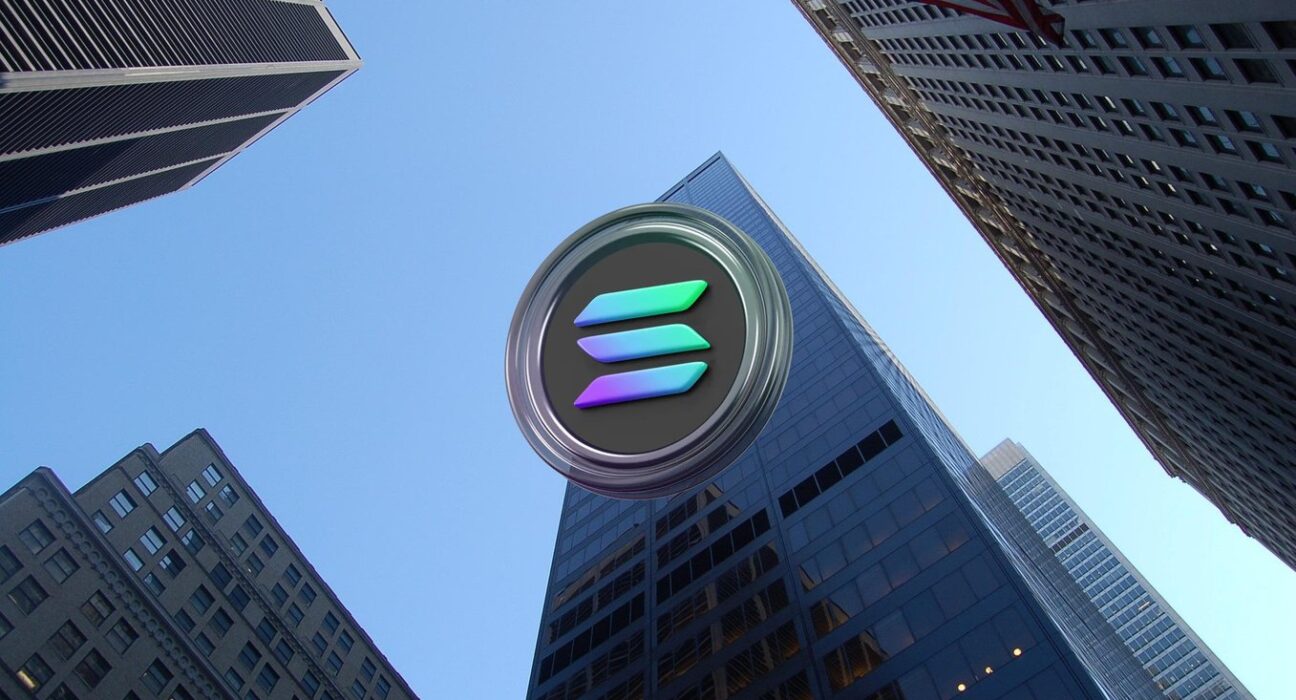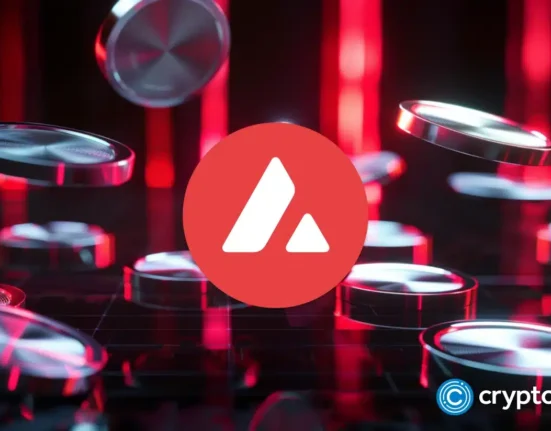The main reason why there has been a lot more chatter regarding Solana ETFs as of late is that U.S. securities regulator SEC (Securities and Exchange Commission) is expected to be much more crypto-friendly under freshly-inaugurated U.S. President Donald Trump.
During the Biden administration, when the SEC was headed by Gary Gensler, the SEC alleged that SOL (along with a fairly long list of other crypto assets) is an unregistered security, perhaps most notably in the lawsuits it filed against Coinbase and Binance in 2023. With such regulatory uncertainty surrounding SOL, a Solana ETF approval appeared extremely unlikely before Trump’s victory in the presidential election.
Now, however, a Solana ETF appears to be just a matter of time. After all, SOL is the fourth largest crypto asset by market cap if we exclude stablecoins, and the two largest crypto assets, Bitcoin and Ethereum, can already be invested in through ETFs in the United States.
In this article, we’ll explain what a Solana ETF is and why investors are excited about the potential of such an investment product to provide further momentum for the SOL price. We’ll also explain why it could take until 2026 for a Solana ETF to be approved for trading in the U.S despite the widespread optimism in the crypto market at the moment.
Key highlights:
- After Donald Trump’s victory in the U.S. election, the chances of a Solana ETF getting approved in the United States have increased dramatically.
- A Solana ETF would allow investors to gain exposure to SOL without having to deal with cryptocurrency exchanges and worrying about managing their private keys.
- The SEC still has ongoing lawsuits alleging SOL is a security, which is why the Solana ETF approval could take longer than expected.
What is the Solana ETF and why are investors excited about it?
Solana is a high-performance blockchain platform that can handle thousands of transactions per second while keeping fees at a minimum.
The platform also has smart contracts functionality, which allows users to launch custom token on Solana and develop all kinds of decentralized applications, ranging from decentralized crypto exchanges to economic systems that incentivize users to maintain wireless 5G networks.
The basic economic unit of the Solana blockchain is SOL, a cryptocurrency that’s used to incentivize users to operate Solana nodes in accordance with the protocol’s rules. SOL has seen impressive growth recently, and is currently trading at a market capitalization of well over $100 billion.
A Solana ETF is an investment vehicle that trades on a stock exchange and holds the SOL cryptocurrency on behalf of investors. Investors can buy and sell shares in an ETF, just like with a stock.
The investment results of holding shares in a Solana ETF versus holding SOL cryptocurrency in a wallet or crypto exchange should ideally be very similar. However, it’s worth keeping in mind that ETF issuers charge a management fee, so holding a Solana ETF could result in slightly worse returns than just holding SOL.
Despite this, SOL investors are excited about the potential approval of Solana ETF products for a variety of reasons.
A Solana ETF would offer a streamlined way for investors to gain exposure to SOL without the need to navigate cryptocurrency exchanges or manage private keys with their own Solana wallet. This type of investment product would also simplify the process for institutional investors to allocate capital to SOL and boost its legitimacy as an asset, potentially making it more appealing to cautious or conservative investors.
When it comes to Bitcoin, the launch of the first Bitcoin ETFs has been a major catalyst that has helped the BTC price to achieve new all-time highs.
In the case of Ethereum, however, ETFs didn’t have nearly as much of an impact on the ETH price.
Solana ETF applicants
Several asset management companies have already filed applications to list Solana ETFs in the U.S. market.
The SEC has yet to approve any of these applications, but this may very well change in 2025. It’s worth keeping in mind that some of the largest ETF issuers haven’t applied for a Solana ETF so far – there hasn’t been a BlackRock Solana ETF application, and Fidelity also hasn’t filed for such an investment product.
When is the Solana ETF approval date?
Currently, there is no set Solana ETF approval date. Although several Solana ETF applications are active, the SEC will have plenty of opportunities to delay their decisions as long as they have any notable concerns about allowing such investment products on the market.
Bettors on the Polymarket prediction marketplace are currently giving an 89% chance for a Solana ETF approval in 2025. However, this prediction market is fairly small, with a volume of just under $50,000 as of January 2025.
There’s no guarantee that we’ll see a Solana ETF approved in 2025
In an interview published in January 2025, Bloomberg ETF analyst James Seyffart struck a cautious note regarding Solana ETFs, saying that it might take until 2026 for such a product to be approved in the United States.
According to Seyffart, we shouldn’t expect a Solana ETF to be approved by the SEC while there are still ongoing SEC lawsuits against cryptocurrency exchanges alleging that SOL and other crypto assets are unregistered securities.
“You’re not going to let the division of corporate finance, the division of investment management, the division of trading and markets analyze these assets to be put in a commodities ETF wrapper while you have another division at the SEC saying these are securities.”
However, Seyffart did say that altcoin ETFs in the United states are “a matter of when, not if”.
The bottom line
It seems very likely that a Solana ETF will be approved either in 2025 or 2026. However, the exact timing of the approval is tough to determine since the SEC still has ongoing lawsuits in which the classification of SOL is being put into question.
If you’re looking to learn more about the Solana ecosystem, make sure to check out our article highlighting the best decentralized exchanges on Solana.








